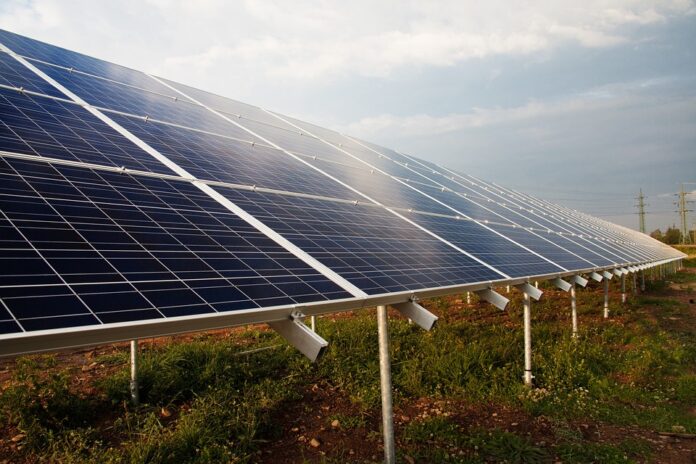Organic gardening has been more popular among landowners in recent years, reflecting a growing environmental consciousness. Many benefits accrue to producers and the environment when people choose for organic farming practices. Here we’ll go over a few of the key benefits of going organic with your gardening.
Enhanced soil quality
One of the primary benefits of organic farming is the enhanced health of the planet. By not using artificial fertilizers and pesticides, organic landowners are able to keep the soil’s natural nutritional balance intact. This improves the soil’s ability to hold water, foster the growth of beneficial fungus, and promote the establishment of robust plant life.
Minimized Harm to the Environment
Research has demonstrated that organic agricultural approaches significantly reduce environmental impacts compared to traditional gardening techniques. Since chemical fertilizers and pesticides may infiltrate waterways and damage aquatic habitats, pure farmers refrain from using them. In addition, less carbon is being sequestered in the soil and less greenhouse gas emissions as a result of organic farming.
Better Food Choice
What organic farming yields is food that is healthier for people and the planet. Eating organic fruits and vegetables reduces your exposure to potentially dangerous chemicals because they aren’t treated with chemical pesticides and herbicides. More nutrient-dense and delicious produce can be the outcome of organic gardening’s emphasis on diversity.
Assisting Manufacturers on a Small Scale
Social benefits can also accrue from organic farming, particularly for subsistence farmers. Since organic farming methods sometimes need more effort and expertise than conventional farming methods, they have the potential to foster career advancement, improve farmers’ and communities’ lifestyles. Fairer pricing and more transparency in the food chain are other benefits of organic farming, which often includes stronger ties between farmers and customers.
Sustaining Through Climate Change
Evidence suggests that organic farming practices are better equipped to withstand changes in the weather and the length of the growing season. Maintaining consistent crop yields while adjusting to shifting economic situations is easier for organic farmers since they focus on building healthy soil and fostering wildlife. The food safety of the next decades may be assured with this durability.
### Conclude
In conclusion, moving to organic farming has several significant benefits. Growing food organically has several advantages over conventional farming, including better soil health, less environmental impact, healthier food, and financial support for local farmers. By moving to organic growing practices, farmers can help build a food system that is both robust and eco-friendly.
### Common Questions and Answers
1. How can sustainable farming help the environment?
Reduced emissions of greenhouse gases, cleaner water and land, and a decrease in the usage of synthetic fertilizers are all results of natural gardening’s emphasis on diversity.
2. Is the price of organic food lower than that of conventionally cultivated food?
The greater labor and certification expenses associated with healthy food production can drive up the price tag, but some studies have shown that the benefits of natural farming are worth it in the end.
3. Can food security challenges be helped by organic gardening?
More robust food systems, able to sustain increasing populations and weather the impacts of climate change, may be achieved through natural farming’s pursuits of biodiversity and good soil.

